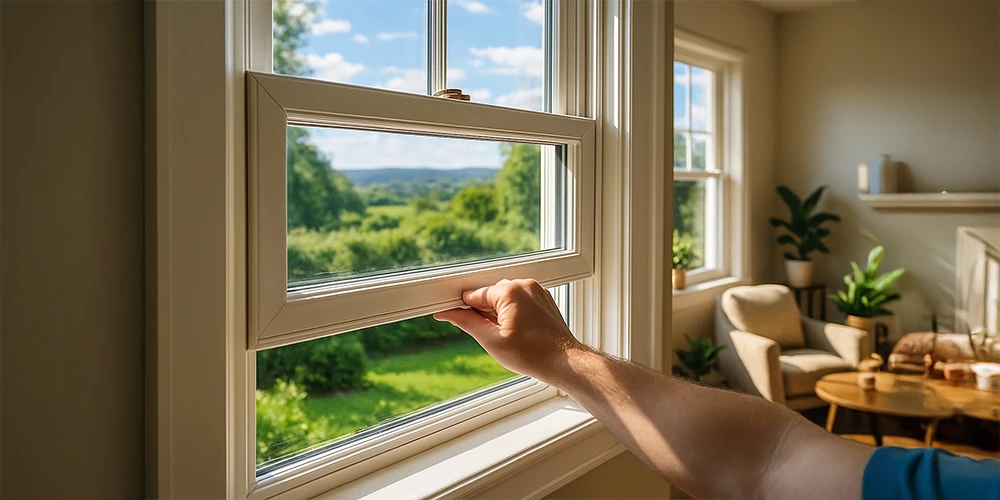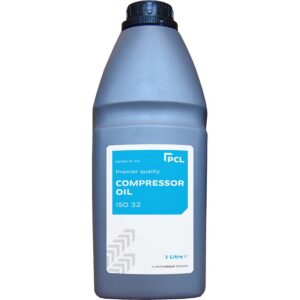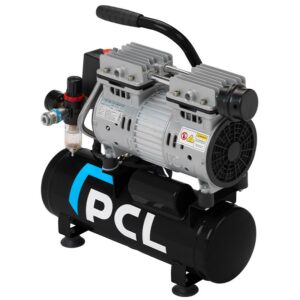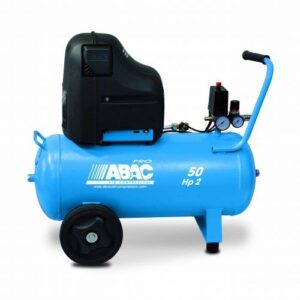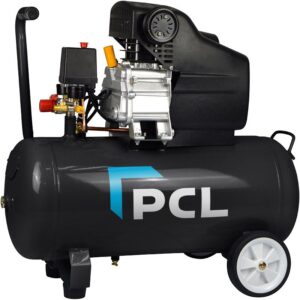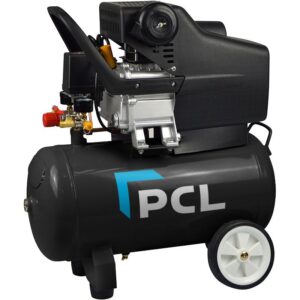SUMMARY ABOUT THIS ARTICLE
In today’s fast-moving window manufacturing industry, regular machine, maintenance is critical to avoid breakdowns, reduce waste, and ensure consistent quality. Remember to: Perform daily checks and scheduled maintenance
Prioritize saws, welding stations, glass lines, and CNC machines
Stock essential spare parts to prevent downtime
Train staff and track maintenance
Avoid reactive fixes and low-quality components
ARTICLE
If you’re in the business of manufacturing windows, you already know how crucial it is to keep your machines running like clockwork. In 2025, with the pace of the industry moving faster than ever, proper window machinery maintenance isn’t just a good habit, it’s essential. From cutting and welding to glazing and sealing, every part of your production line depends on well-maintained equipment.
At WMC, we’ve worked with fabricators of all sizes and understand the day-to-day challenges you face. Whether it’s unexpected downtime or the stress of finding a last-minute replacement part, we know that a proactive approach to maintenance can save time, money, and a lot of headaches.
Why Maintenance Matters More Than Ever
Window production has changed a lot over the past few years. We’re seeing tighter deadlines, rising demand for energy-efficient products, and more integration of automated systems. That means your equipment is working harder and needs to be looked after more carefully.
A solid maintenance plan plays a crucial role in extending the lifespan of window machinery, preventing unexpected breakdowns, maintaining consistent product quality, reducing scrap and rework, and improving overall workplace safety. Put simply, maintenance is an investment in your factory’s efficiency.
Getting the Basics Right
Good maintenance starts with the basics. We recommend daily and weekly checks by machine operators, nothing fancy, just a regular walkaround. Look for leaks, listen for strange noises, make sure cutting tools are sharp, and check that everything is clean and running smoothly. A few minutes a day can make a massive difference.
Scheduled preventive maintenance is the next step. That means setting up a routine based on your equipment’s usage and manufacturer guidelines. It could be changing cutting blades every few thousand cuts, cleaning filters, checking sensors, or lubricating moving parts.
More advanced setups are also using predictive maintenance. With smart sensors and data monitoring, you can catch problems before they happen, like a motor running hotter than usual or pressure dropping in a pneumatic line. It’s not just for the big factories anymore. more SMEs are starting to explore this, too.
Focus on the Key Machines
While every piece of equipment matters, some machines need more frequent attention than others. Here are a few areas we always suggest paying extra attention to:
- Profile Cutting Machines
Your miter saws and double-head saws need to stay sharp, literally. A dull blade or misaligned stop can throw off a whole batch of frames. Clean the machines regularly, check alignment, and replace blades as needed.
- Welding Stations
PVC welding machines do tough, repetitive work. Dirty or worn welding plates and electrodes can affect the strength of your corners. Keep everything clean, calibrated, and don’t ignore signs of uneven welds.
- Glass Washing and Sealing Lines
In IGU production, cleanliness is everything. Replace worn brushes, clean nozzles, and keep an eye on the water system. If you see streaks or uneven sealant, it’s time to service your equipment.
- CNC and Automated Equipment
Smart machinery has its own set of maintenance needs. Update software, keep backups of control settings, and make sure sensors and actuators are aligned and working properly. A single sensor fault can stop production.
- Spare Parts: Don’t Get Caught Out
Even with the best maintenance, parts wear out. Having the right window machine spare parts on hand can turn a potential disaster into a quick fix. We often advise clients to keep a stock of high-use items like:
- Cutting blades
- Router and drill bits
- Welding plates
- Suction cups
- Air hoses and seals
For longer lead-time components like control boards or motors, it’s worth keeping one in reserve, or talk to us about consignment options.
And when it comes to sourcing, stick to OEM or trusted aftermarket parts. We supply components compatible with all the major brands, Elumatec, Urban, Rotox, Stürtz, and more.
Train Your Team
None of this matters if your team isn’t on board. Make sure operators know what to look for, and give your maintenance crew the training they need to do the job right. Keep records, follow checklists, and build a culture that sees maintenance as everyone’s responsibility.
Good Maintenance Pays Off
Looking after your machines isn’t just about preventing breakdowns. It’s about keeping production smooth, keeping customers happy, and staying ahead of the competition. It also reduces your energy use, your waste, and your repair costs, all of which help your bottom line.
Common Mistakes to Avoid
We see the same problems pop up time and again:
- Waiting until something breaks before fixing it
- Using poor-quality parts that don’t last
- Ignoring unusual noises or performance drops
- Letting documentation slip
Avoid these, and you’re already ahead of the game.
And here’s a final word; in 2025, running an efficient production line means staying on top of your equipment. At WMC, we’re here to help, whether you need advice, parts, or support. Browse our full catalogue at www.wmconline.co.uk, or get in touch to talk about a maintenance strategy that works for you.
Let’s keep your machines running, and your orders rolling out, without the stress.

